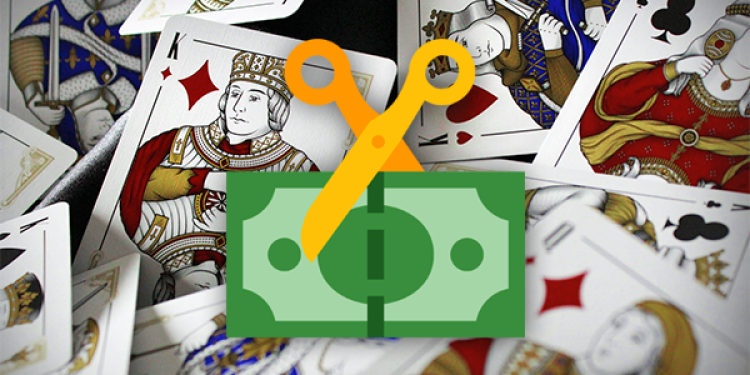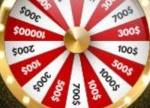No Tax Exemption For Bridge As Court Rules It’s Not A Sport
Posted: October 27, 2017
Updated: November 11, 2017

There’s nothing quite as English as sitting down to a nice game of Bridge but this week the European Union made a ruling that put paid to a long standing argument as to whether this game enjoyed by millions is actually a sport or not. The ruling puts the kibosh on any tax exemption for Bridge and disappoint those hoping to boost the game’s profile, but after all these years and in a world of websites like BetVictor is Bridge a game too dull to be a modern sport? We take a look.
- AKA: Bridge
- Type: Trick Taking
- Players: 4
- Cards: 52
- Based On: Biritch
The phrase “We need a fourth for Bridge…..” tends to bring to mind the same rather ghastly era of the 1920s when one could run into a dining room in shorts wielding a racquet and ask “Anyone for tennis?” without feeling an absolute arse. The game alone carries with it certain class connotations with very few working class people apt to sit down as a quartet and play a game. It could well be that this is why no one actually thinks of it as a sport and therefore there is no tax exemption for Bridge.
Of course there are a few weirdos that believe it’s a sport. They harp on about the logic and memory and planning good play requires, but fail to spot that it’s a card game. Card games aren’t sports. They’re card games. UK gambling news headlines rarely mention Bridge. Why? Because because people bet on sports and Bridge isn’t one. The English Bridge Union might strenuously disagree with this position but then they’re only chasing a tax exemption for Bridge and not really interested in it’s sporting pedigree.
Tax Exemption On Bridge Unfair To Sites Like BetVictor?

The EBU’s battle has taken many a turn with perhaps the most promising being back in 1998 when the IOC classified Bridge as a sport. At face value this perhaps might appear then that it was all settled, but unfortunately in their desire for a tax exemption for Bridge they required official sanction of this change in status, and governments across Europe are divided on the matter with those in Austria, Belgium, France and Denmark classifying it as a sport, and those in Ireland and Sweden saying it’s not.
“The court concludes,” the European Judges in Luxembourg ruled, “that an activity such as duplicate Bridge, which is characterized by a physical element that appears to be negligible, is not covered by the concept of sport.” Ending the EBU’s case as it runs out of legal avenues to travel in pursuit of their aim, but did they really expect to have Bridge surge in popularity as a tax exemption for Bridge brought in fresh investment and more players? Really? In the 21st century? It’s laughable to even think it might.
UK Gambling Laws Permit Betting On Bridge

The Judges, perhaps in a nod to just how mercenary a case this was, that it was all about the money and not righteous sporting credentials for Bridge, did seem to indicate that perhaps a tax exemption for Bridge might still be possible as it could be argued “the activity, in the light of the way in which it is practised, it’s history and the traditions to which it belongs, holds such a place in the social and cultural heritage of a country that it may be regarded as forming part of it’s culture.” Which would put it on a par with Morris Dancing.
Frankly this is a slightly more plausible reason to give a tax exemption for Bridge. Morris dancers are an anachronistic embarrassment, and so are slightly middle class people attempting to get a tax break for playing a game that should have long ago been thrown on the scrap heap of history. People will bet on sports in the UK, they’ll wager on Royal Babies and the winner of Big Brother or Bake Off at BetVictor etc, but on Bridge? Of course not. And if the great British public won’t bet on it, there’s no way it’s a sport.












